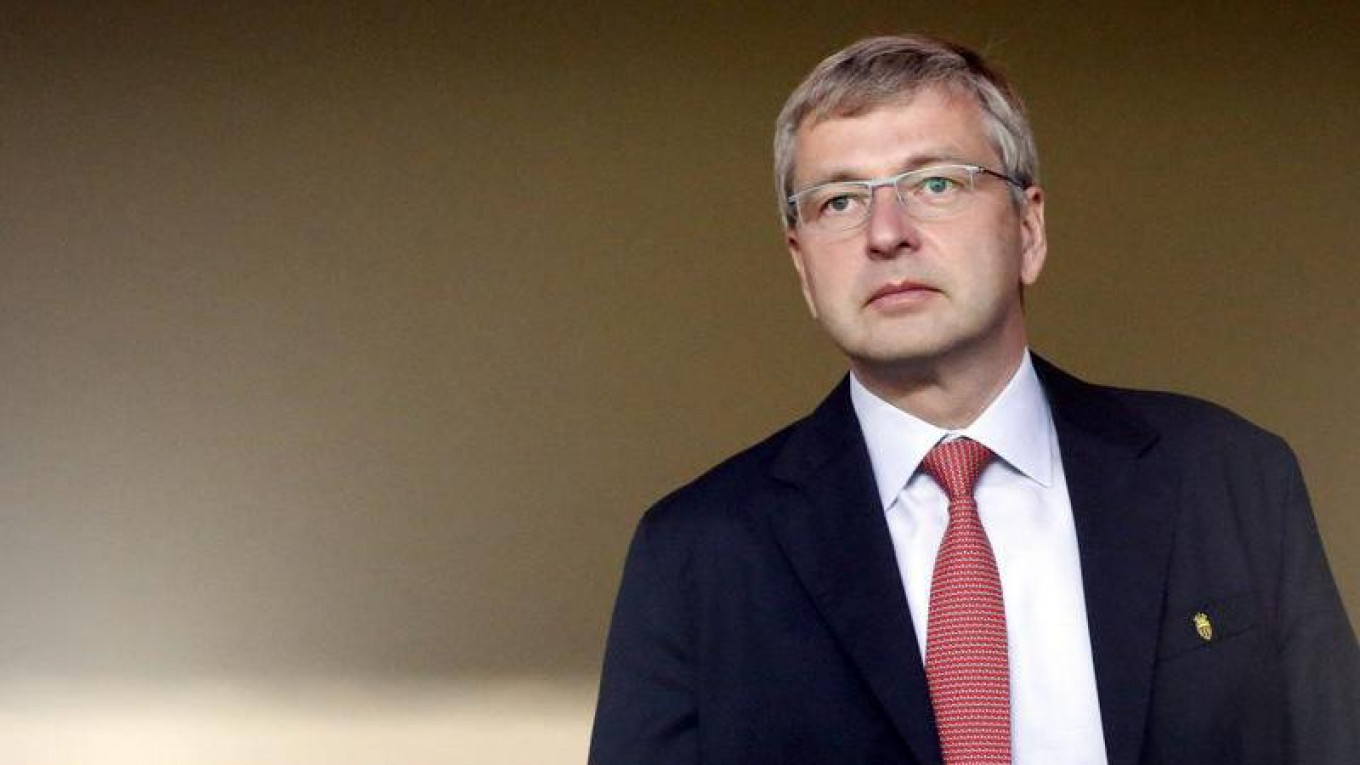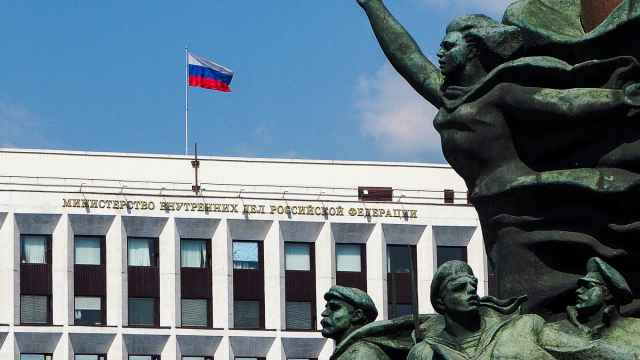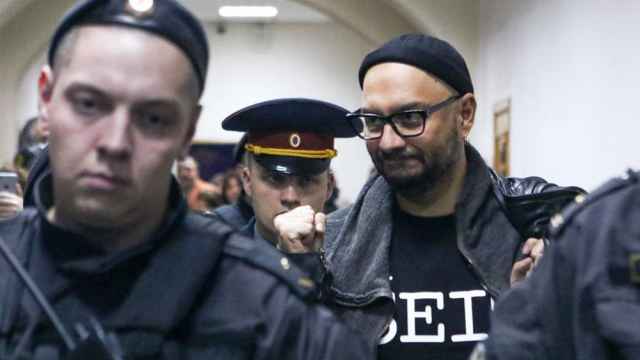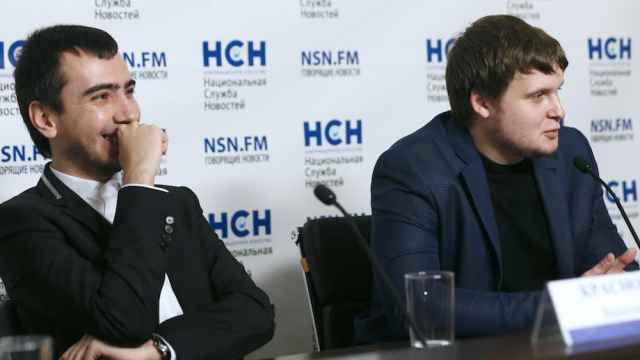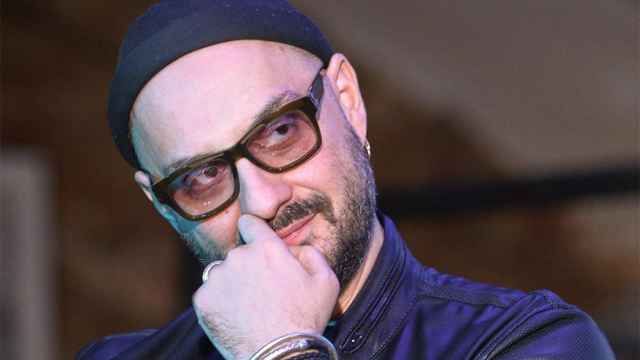(Bloomberg) — Sotheby’s is trying to prevent Russian billionaire Dmitry Rybolovlev from using documents in the U.K. for a lawsuit alleging that the auction house was partly complicit in defrauding him by as much as $1 billion in artwork he bought from Swiss dealer Yves Bouvier.
The preemptive move has been matched by lawyers for Bouvier in an attempt to stop Rybolovlev’s counsel from opening a fresh front in a legal battle being fought on three continents.
Rybolovlev, who now lives in Monaco, first accused Bouvier in 2015 of fraudulently misrepresenting the prices he paid to secure works by Pablo Picasso, Claude Monet and others -- but had never previously accused any auction house of being complicit. Bouvier, who is based in Singapore, says he was never Rybolovlev’s broker, as the Russian suggested, and says he was merely charging market prices to a good repeat customer determined to build one of the world’s top art collections.
In a October 27th letter to New York Judge Jesse Furman, a lawyer for Rybolovlev’s family trusts Accent Delight and Xitrans Finance says they plan to sue Sotheby’s in the U.K. “soon,” alleging the auction house and one of its employees aided and abetted Bouvier’s fraud.
In the letter, lawyer Daniel Kornstein said Sotheby’s helped Bouvier to mislead Rybolovlev “to the true value of the masterpieces, and working in concert with Bouvier, to create fraudulent records that lent credence to the artificially inflated prices Bouvier claimed to petitioners he was paying for the art.”
‘Appropriate Forum’
Sotheby’s countered in a Nov. 17 filing in Geneva seeking a declaration that the auction house and its employee did nothing wrong, saying Switzerland was the “appropriate forum" to resolve the dispute. It followed with a Nov. 20 filing in New York seeking to stop the use of materials it had disclosed last year for use in other jurisdictions.
Sotheby’s said in the filing it had no knowledge of the prices Bouvier charged in any resale of any painting to Rybolovlev’s trusts and derived no financial benefit from their resale. “Sotheby’s only learned through press reports, again long after the sales, about the amounts for which Bouvier was purportedly selling art pieces that Bouvier had purchased,” lawyers for the auction house said.
Last week’s auction sale of Leonardo da Vinci’s “Salvator Mundi,” one of 37 paintings at the core of the dispute, fetched a record $450 million. The depiction of Christ was originally sold by a consortium of dealers in 2013 to a company controlled by Bouvier via Sotheby’s in a private sale. Sotheby’s has said it had nothing to do with Bouvier’s sale of the Da Vinci to Rybolovlev.
A spokeswoman for the auction house on Tuesday reiterated that message, saying it was calling upon the court “to reject any claims of wrongdoing” that might be leveled against it by Rybolovlev, adding that “there is no justification whatsoever” for him to involve them in the dispute.
Masterpieces
Ron Soffer, Bouvier’s Paris lawyer, said after the auction that it “proves the masterpieces sold to the Rybolovlev group were priceless.” Dan Levy, Bouvier’s lawyer in New York, declined to comment on this story and referred back to Monday’s filing he made on behalf of his client.
The filing says the planned U.K. action is nothing more than a “fishing expedition” sought after the cases in Monaco and Singapore ran into difficulties.
Sergey Chernitsyn, Rybolovlev’s spokesman, said last week that the price paid is irrelevant and that his clients’ argument is focused on the “methods used to get the fraudulent profit hidden from his client.” Chernitsyn said on Tuesday that his team is reviewing the court documents which were filed late Monday night. “We will respond in due course," he said.
A Message from The Moscow Times:
Dear readers,
We are facing unprecedented challenges. Russia's Prosecutor General's Office has designated The Moscow Times as an "undesirable" organization, criminalizing our work and putting our staff at risk of prosecution. This follows our earlier unjust labeling as a "foreign agent."
These actions are direct attempts to silence independent journalism in Russia. The authorities claim our work "discredits the decisions of the Russian leadership." We see things differently: we strive to provide accurate, unbiased reporting on Russia.
We, the journalists of The Moscow Times, refuse to be silenced. But to continue our work, we need your help.
Your support, no matter how small, makes a world of difference. If you can, please support us monthly starting from just $2. It's quick to set up, and every contribution makes a significant impact.
By supporting The Moscow Times, you're defending open, independent journalism in the face of repression. Thank you for standing with us.
Remind me later.


